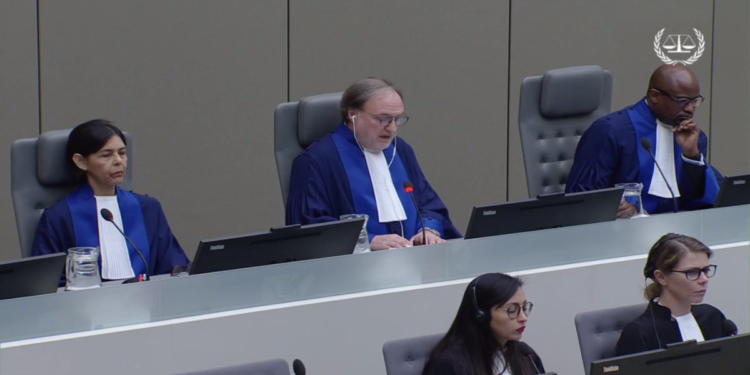By Thomas Verfuss
The Gbagbo and Blé Goudé acquittals show once again how difficult it can be for the prosecution to obtain a conviction for crimes against humanity at an international court.
International courts are not for simple criminals, but for the highest political and military leaders. It is not enough to show that murders and rapes actually happened. The prosecution must show that there has been a “state or organisational policy” for a widespread or systematic attack on a civilian population.
The judges did not deny that terrible things happened in Ivory Coast during the 2010/11 post-election violence. But they decided that the prosecution had failed to prove the existence of a “common plan” to keep Gbagbo in power through the commission of crimes against civilians.
In other cases before international courts defence teams have even not bothered to deny that the accused himself may have committed underlying crimes like rape. As long as it is only for his own pleasure and not part of a policy, it is not enough for a conviction for crimes against humanity, one defence lawyer argued in the Kunarac, Kovac and Vukovic (Foca) Case before the International Criminal Tribunal for the former Yugoslavia (ICTY).
During the confirmation phase of the Kenya cases, judges were also divided on the question of whether there was sufficient evidence for an organisational policy or not.







